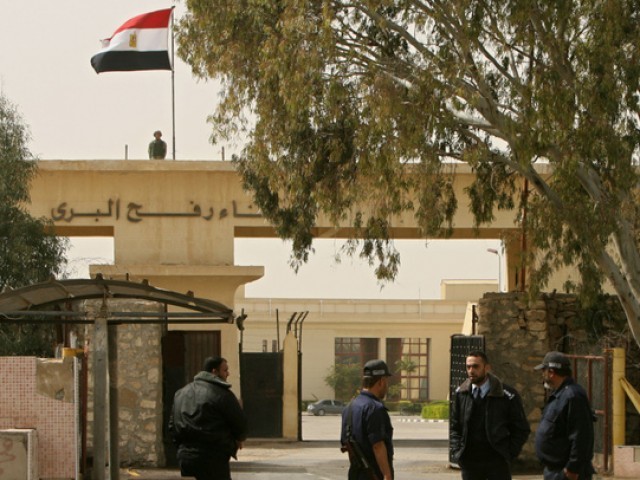On 21 April, the internet exploded when an “untrue” (as far as we know) piece of news was revealed. It was that President Mohamed Morsi’s aide, Pakinam El Sharkawy, would be assigned to the post of vice-president of our glorious (ahem) nation. Instead of it being a joyous event over the possible rise of women in political office, it was a disaster.
Although not officially affiliated with the Muslim Brotherhood or the Freedom and Justice Party, El Sharkawy harbored familiarity and fondness towards them early on. When newly-elected President Morsi gave himself god-like powers with a constitutional declaration, many law experts doubted its legitimacy, but political science professor El Sharkawy was quick to defend his decision of political immortality.
The Washington Times quoted her while speaking to Al Jazeera: “He had to act to save the country and protect the course of the revolution… It is a major stage in the process of completing the 25 January Revolution.”
She equated Morsi’s power grab to saving the nation and proceeding with the goals of the revolution. So, when activists declared “the revolution continues”, they had no idea it would be continued by Morsi’s constitutional declaration. That was back in November 2012. A month later, the new constitution was being drafted (and later the same month, ratified), to which some women activists reacted by cutting their hair, a gesture symbolising grief and mourning in Egyptian culture.
However, in March 2013, El Sharkawy was appointed the head of the Egyptian delegation to the United Nations 57th Commission on the Status of Women. In her address, she praised Egypt’s new constitution, saying: “The 2012 constitution of Egypt underlines the rights of women, and stresses that they are full-fledged citizens,” El Sharkawy said. The new constitution barely mentions equality of women to men, and stresses on the importance of women’s roles in the family, but El Sharkawy argued the contrary. During her address, some members of the delegation withdrew.
Following the Cathedral massacre earlier this month, El Sharkawy was dispatched as the presidential representative to the Coptic Church. The same woman who condemned the way media relayed the situation during the Maspero massacre and criticised Egyptians (mainly Christians) who “escalated” the situation by turning to political, rather than legal pressure. In the same article, she sidestepped any hint of responsibility of the military or government for the incident.
Then on 22 April, it was announced that El Sharkawy would lead the meeting of the National Council for Justice and Equality.
It seems that El Sharkawy is Morsi’s winning solution for any sort of conflict, be it women’s rights, Coptic rights, or political issues. In the president’s eyes, she is truly Egypt’s first Wonder Woman.



